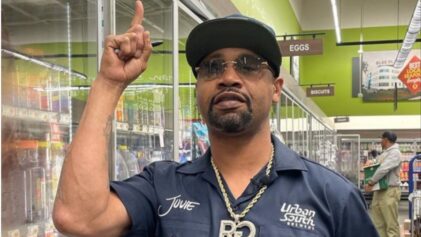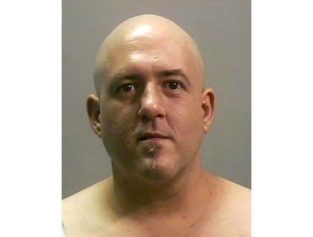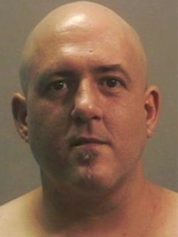Russel L. Honore, the tough-talking lieutenant general who shot to fame when he swept into New Orleans as a dominating presence in the wake of Hurricane Katrina, offered some advice to Chicago to tame the violence plaguing the city and its young people: Bring in the National Guard.
Honore, who is now retired from the Army, said the city shouldn’t be shy about asking the state and federal government for help in taming the streets.
“Just like we do with any disaster. When the tornado comes, or the floods come, the federal government comes in to help,” Honore said yesterday at a news conference in Chicago. “Let’s not let this be about pride. ‘We are big ol’ Chicago, we are too proud, we can handle this.’ Maybe you can’t handle it. If you need help, get the federal government here. But let’s control the streets so children and elderly people can be in a safe community.”
Honore, in Chicago as part of The HistoryMakers project to record and archive the stories of African-American military leaders, met with high school students to discuss his career and then held a news conference at the Chicago Military Academy in the Bronzeville neighborhood. He suggested that the National Guard could take over routine duties, patrolling the streets and handling traffic, while police concentrate on solving crimes and increasing their presence in troubled neighborhoods.
Homicides in Chicago last year exceeded 500 for the first time since 2008, a 16 percent jump from 2011, but the shooting death of 15-year-old Hadiya Pendleton has brought the media glare.
To reduce the violence, Honore said, more attention needs to be paid to poor communities facing high rates of drug use.
“Trust me, we can tap this down,” Honore said. “It would take a commitment, and it’s not going to be popular. Many people are going to say why are you bringing that to my community? (But) do you want law enforcement or do you want people shooting day and night and destroying the lives of innocent people like the little girl who lost her life here a few weeks ago?”
But in a segment on NPR, correspondent Cheryl Corley attempted to put the latest surge in violence in perspective. She pointed out that Chicago isn’t even in the Top 10 in U.S. cities for worst gun violence, and that Chicago’s violent crimes have decreased over the past two decades, making the 2012 number much lower than the murders in the 1990s.
“It really depends on where you live because if you walk through some areas of Chicago — most areas of Chicago — they are very safe communities,” she said. “Police often point out that overall crime in Chicago actually dropped by 10 percent last year and that, you know, it’s a really safe community. But in a few neighborhoods, homicide has just really become an epidemic. A few years ago, police calculated that the percentage of the city where these murders occur, just to give you an idea, is eight and a half percent of the city. So we’re talking a small percentage of the city where we’re seeing these homicides really occur and really causing so much havoc.”
After Honore’s speech, Rondell Freeman, a 17-year-old junior at Prologue Early College High School, said he feels afraid on the streets or even visiting the local park in his Garfield Park community.
“We should do whatever it takes to end the violence, so we won’t have to feel scared,” he said. “These kids have guns. We need experienced people that can stop them.”


